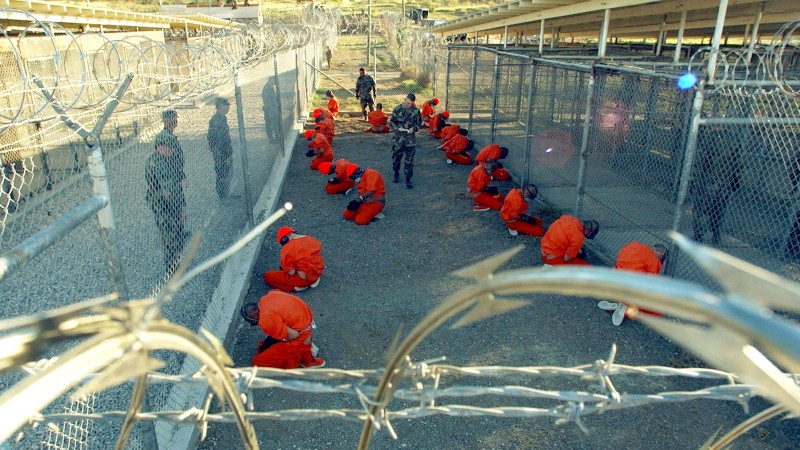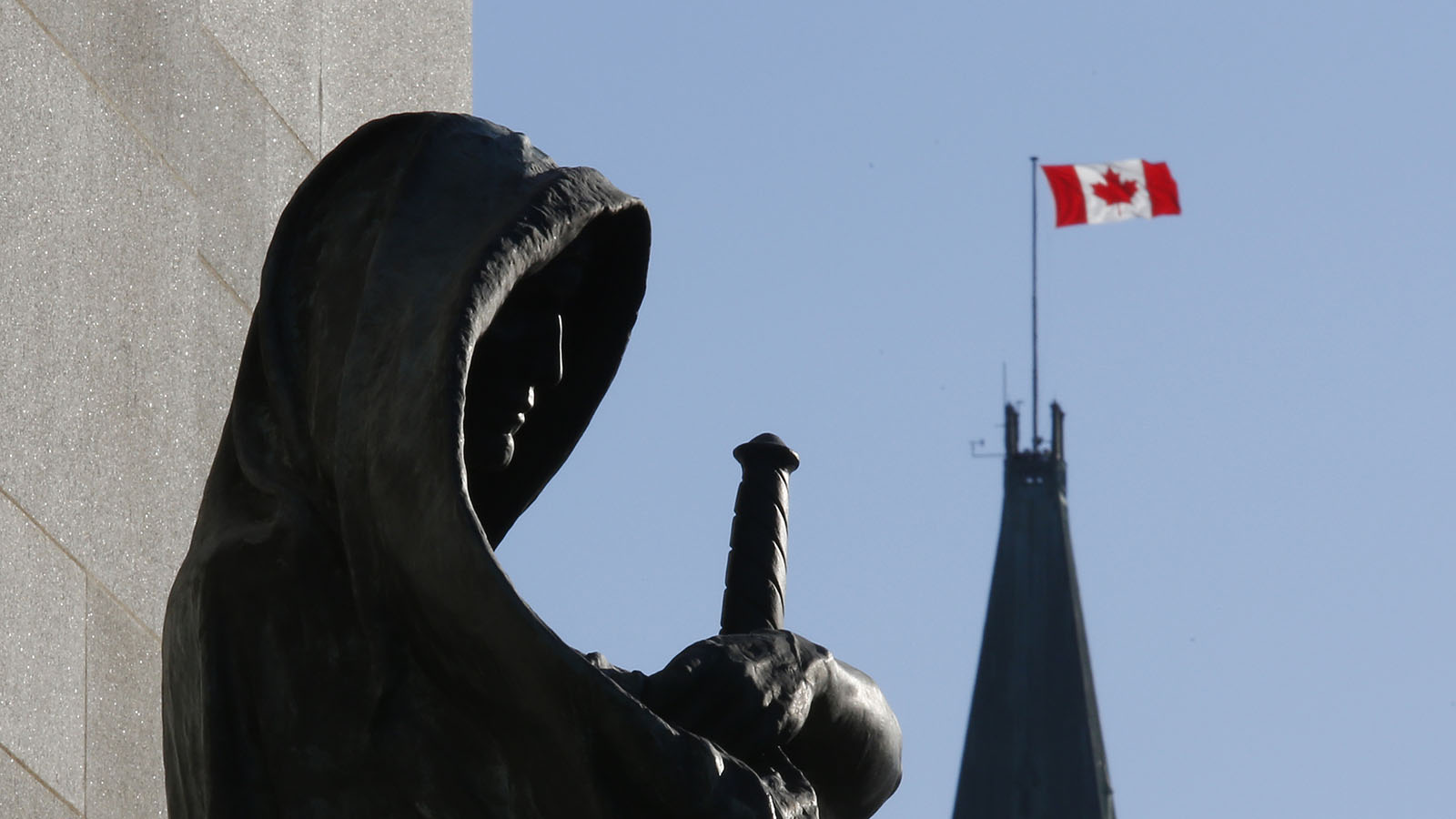 By Monia Mazigh – So it seems like the case of Syed Adam Ahmed, the six-year old boy from Toronto who was delayed from boarding the plane to attend a hockey game in the United States, allegedly because he is on a “no-fly list” or on a “Deemed High Profile” list, has opened a can of worms for the Liberal government.
By Monia Mazigh – So it seems like the case of Syed Adam Ahmed, the six-year old boy from Toronto who was delayed from boarding the plane to attend a hockey game in the United States, allegedly because he is on a “no-fly list” or on a “Deemed High Profile” list, has opened a can of worms for the Liberal government.
Other Canadian parents are coming forward with other incredible stories about their toddlers or very young children who were delayed from boarding planes as well. I suspect that these stories have been going on for many years but people were perhaps afraid to speak out under the Harper government or maybe they knew that no matter what they would say, their situation would remain unchanged. And the proof: things are still the same.
Since 2007, when the Passenger Protection Program (PPP) was implemented in Canada – copied on the one in the United States – the International Civil Liberties Monitoring Group (ICLMG) and other organizations have been denouncing the arbitrariness of the program and its unconstitutional nature. In December 2008, the Privacy Commissioner of Canada, Jennifer Stoddart, reported to Parliament that Transport Canada had provided “no evidence demonstrating the effectiveness of no-fly lists.”
In 2010, in collaboration with the British Columbia Civil Liberties Association (BCCLA), the ICLMG released a comprehensive report about the PPP. We documented cases of Canadians who were stopped at the borders, checked extensively, humiliated, turned down or finally let go after many hours of interrogations. Since then, not much has improved. On the contrary, with the new Anti-terrorism Act of 2015 (also known as Bill C-51), the No-Fly list has been perpetuated and expanded, despite the fact that the government has failed to present any evidence to show that such a program is effective or makes Canadians safer.
But, how does this program work?
First of all, we should remember that it is a highly secretive program so there might be things that we have no knowledge of.
It starts with an advisory group made up of high-level bureaucrats from the RCMP, CSIS, CBSA, Transport Canada and the Department of Justice. This group has the power to place people on the ‘Specified Persons List”. Anyone who ends up on this list will be prevented from boarding a plane.
Obviously, one can see that there are already problems with this listing process. What is even more worrisome is that, with C-51, the listing process becomes even more arbitrary as the Minister of Transport may delegate the listing process to any single officer in his or her department. The cases in the media showed us how arbitrary and ridiculous those listings can become.
Furthermore, individuals are denied access to the secret evidence behind such a listing. In the cases that were presented in the media, the children do not seem to be denied boarding but they can’t check online, the air travel agent can’t check them either, they have to go through extensive security checks and a phone call, to Air Canada officials per example, is always necessary to allow them to board. If an airline agent had not told Adam’s parents that the boy was on a list, the parents would still have no idea what was going on. And the government won’t even confirm or deny such information. For years, the little boy and his parents have been going through this frustrating process every time he wanted to take a plane. Adam’s parents are rightly worried as this could become worse as he grows older.
Prior to the adoption of C-51, individuals denied boarding could complain to the Office of Reconsideration, provided by the PPP, but the powers of this office were very weak (as demonstrated by the high profile case of Hani Al Telbani) and the Minister of Public Safety would always have the final word.
Under the new Anti-terrorism Act (C-51), a new appeal process now bypasses the former Office of Reconsideration and goes directly to the Minister of Public Safety, Ralph Goodale. The bill says the Minister “must afford the applicant a reasonable opportunity to make representations,” and if refused, the ruling can be challenged in Federal Court but such a process doesn’t even include a special advocate or other means to test the Minister’s evidence.
So will we ever know why Adam and the other kids were put on this list? Is Air Canada still using the U.S. No-Fly list, as they always have in the past? Mr Ralph Goodale, we are looking forward to knowing the result of your investigation! We have waited long enough.
Sources:
http://iclmg.ca/wp-content/uploads/sites/37/2014/03/R-Clearinghouse-border-controls.pdf
http://iclmg.ca/wp-content/uploads/sites/37/2015/03/ICLMG-BRIEF-TO-THE-STANDING-COMMITTEE-C-51.pdf
http://www.macleans.ca/news/canada/the-evolution-of-canadas-no-fly-list-and-why-it-was-inevitable/


